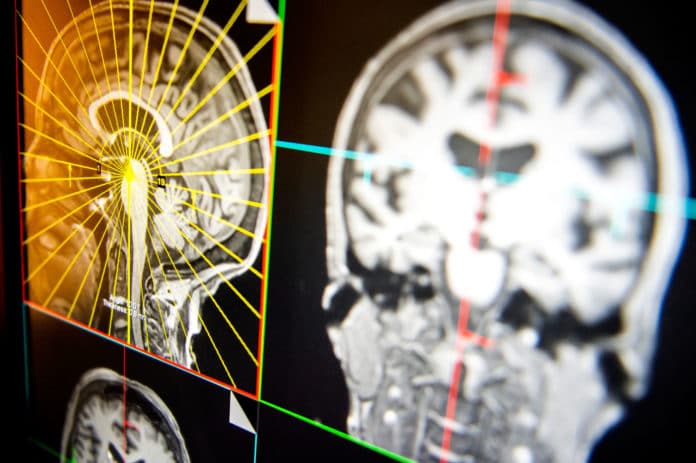Different regions in our brain support the cognitive functions that we need to survive. All these regions work simultaneously- receiving and sending input signals at all times, firing cells in other parts within the brain, and creating the patterns of synchronized activity behind our thoughts, feelings, and actions.
Imaging these regions could help scientists better understand how symptoms of psychiatric disorders develop in teenagers.
A new study by the UC Berkeley scientists in collaboration with Northeastern University has suggested that brain scans if conducted early, can predict whether a youngster is susceptible to mental health or attention problems down the road. The discovery could lead to early interventions — from cognitive behavior therapy to exercise or mindfulness regimens — that could mitigate or slow the advancement of certain neurodevelopmental disorders.
Study senior author Silvia Bunge, a professor of psychology and member of the Helen Wills Neuroscience Institute at UC Berkeley said, “We found a signature of brain function in childhood that helps to predict changes in mood symptoms over four years, and another one that helps to predict changes in attention.”
The study’s lead author Susan Whitfield-Gabrieli, a psychology professor now at Northeastern University, said, “Psychiatric diagnoses are often done late in response to the crisis and treated reactively instead of preventively. This study could have great clinical implications.”

The study involved 94 children from Vanderbilt University between 2010 and 2013. They were followed up longitudinally for four years, and the data were analyzed from 2016 to 2019. Scientists used functional magnetic resonance imaging (fMRI) and analyzed brain data and identified biomarkers for symptoms of depression, anxiety, and attention deficit disorder that emerged in adolescence.
Children with mood disorders had weak connectivity between a control region in the prefrontal cortex and the subgenual anterior cingulate cortex. Meanwhile, in children with attention disorders, they found an overly strong connection between that same prefrontal cortex region and the medial prefrontal cortex.
Bunge reported, “We hope that one day, in the not-too-distant future, brain scans of children who are beginning to exhibit mental health issues could help inform their treatment plan, alongside a clinical workup.”
Other co-authors of the study are Carter Wendelken at UC Berkeley; Alfonso Nieto-Castañón and Yoon Ji Lee at Northeastern University; Stephen Kent Bailey and Laurie Cutting at Vanderbilt University; Sheeba Arnold Anteraper at Northeastern and MIT; Xiao-Qian Chai at McGill University; Dina Hirshfeld-Becker at Massachusetts General Hospital; and Joseph Biederman at Harvard University.
The study is reported in the Journal of the American Medical Association – Psychiatry.
